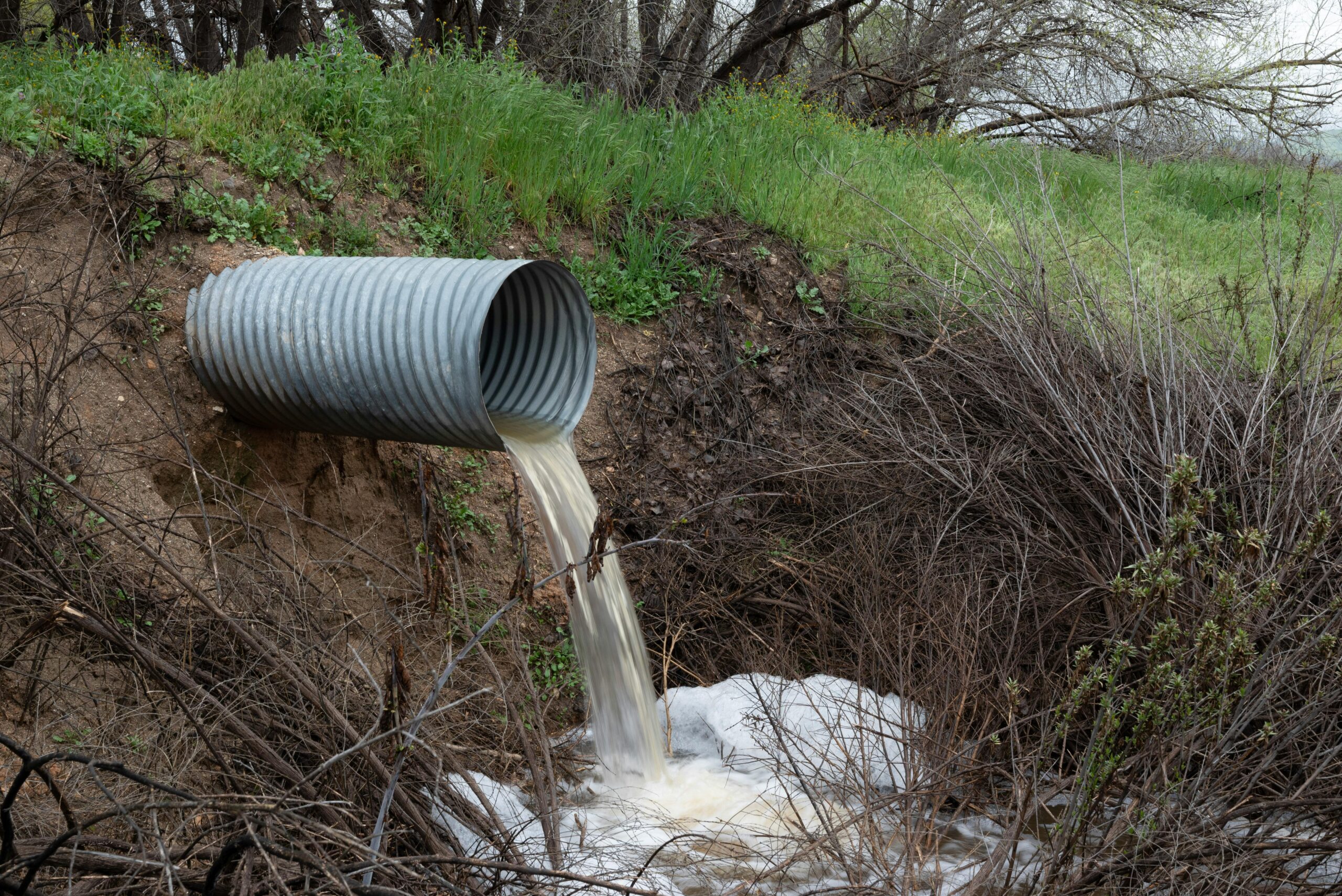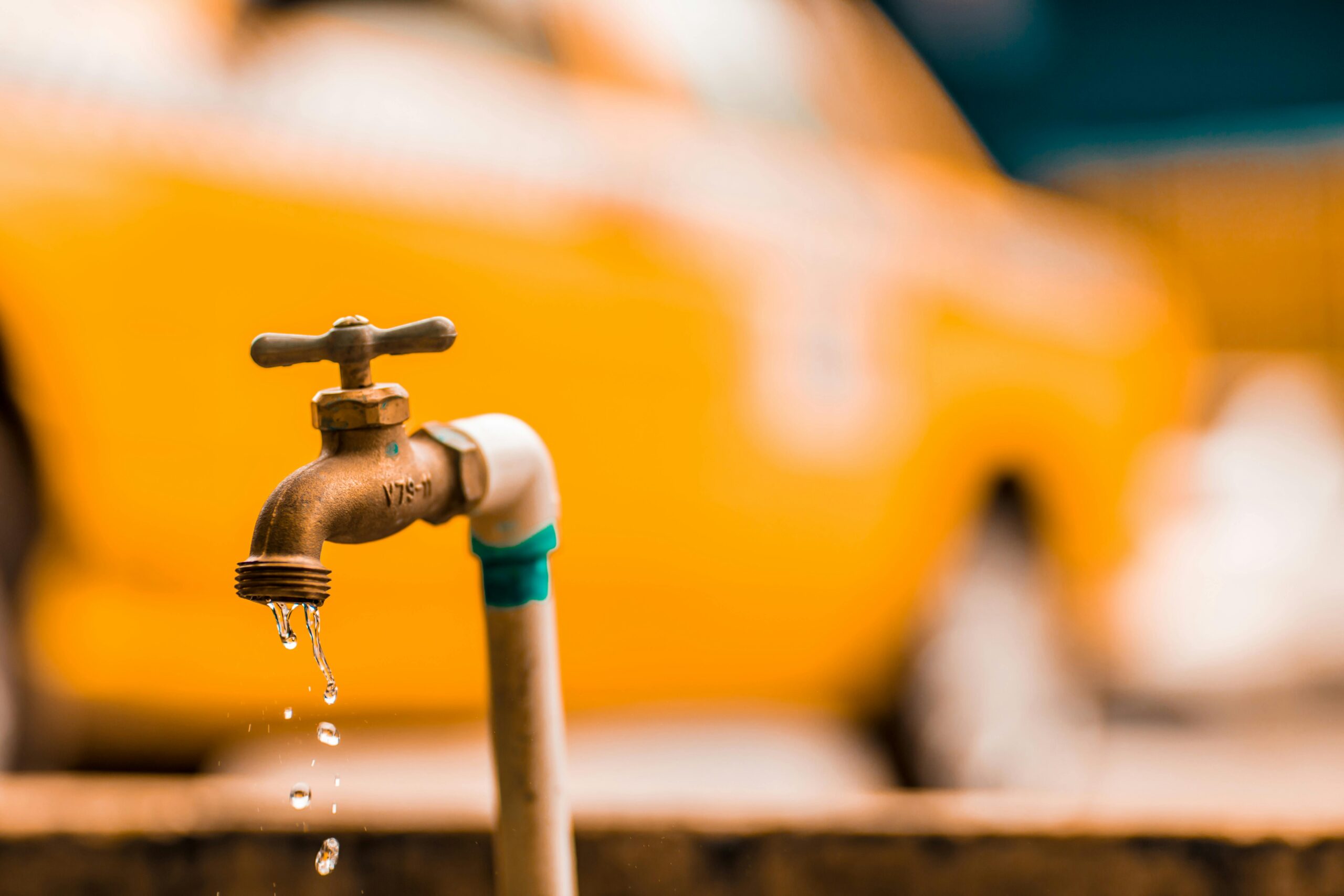Hard water is defined as water that contains Calcium and Magnesium. A little bit of hardness is good, too much will cause scale and plug up your fixtures, slow your faucet flow and ruin your hot water tank. The solutions your local water treatment company offers is likely to consist of either whole house reverse osmosis (RO), water softening or the no-salt scale prevention systems now sweeping the nation.
RO is expensive, water softening uses a lot of salt and makes the water feel slippery, and the no-salt units, in all honesty have such a limited scope of application, I would deem them as useless for the average homeowner. So what to do? Well here are a few tricks that might help you.

Calcium, along with Magnesium and Iron are considered the components of hardness. Hard water leaves spots on glasses, destroys hot water tanks and humidifies, and leaves ugly scale buildup on plumbing fixtures
Difficult Hard Water (10 grains per gallon or more) – Remember that you do not need 0 – hardness to have happy water. Most water that is 0 – 10 grains hard, and even more, can taste absolutely fine. It is the scaling that is a problem. So, try this solution. Have your local water company install a water softener, but, plumb it in to a “Y” installation with flow meters and control valves on both arms of the “Y”. This will enable you to blend some 0 – hard soft water, with your normal hard water. It will take a little tinkering to get the right balance, but by blending hard and soft water you can achieve water that is not slippery, and at the same time greatly reduces scale. So for instance if your water is 15 grains hard, a 50/50 blend will give you a water that is 7 – 8 grains hard and much less scale causing.
Hot Water Tank Only Softening – The biggest cost hard water causes is premature hot water tank failure due to scaling. If you soften only the water going into the hot water tank, the tank will last forever, and as an added cool feature, when you take a shower, you will essentially be getting the blending benefit mentioned above. Warm Water won’t feel slippery, and your fixtures will not clog as fast.
Pass The Vinegar – Vinegar, especially the commercial strength (food grade) stuff you can buy in the grocery or hardware store is excellent for dissolving scale. Vinegar is actually acetic acid and in mild concentrations can keep the path of your nozzles and faucets from clogging up. An effective way to use acetic acid is to have a standard 10″ plastic filter housing put on the pipe leading to your faucets. (put it on the hot water line). Once a month, unscrew the housing bowl, fill it with acetic acid/vinegar and run it for 5 minutes. Let it stand for 20, then run it for another 5 minutes. After that, take the bowl off, rinse it well with fresh cold water, fill it with that same fresh water, reinstall the bowl, and voila, you will be back on line with fixtures flowing freely with reduced scale build up.
CAVEAT – Make sure you have a shut off valve to close the water flow before opening the filter bowl.







